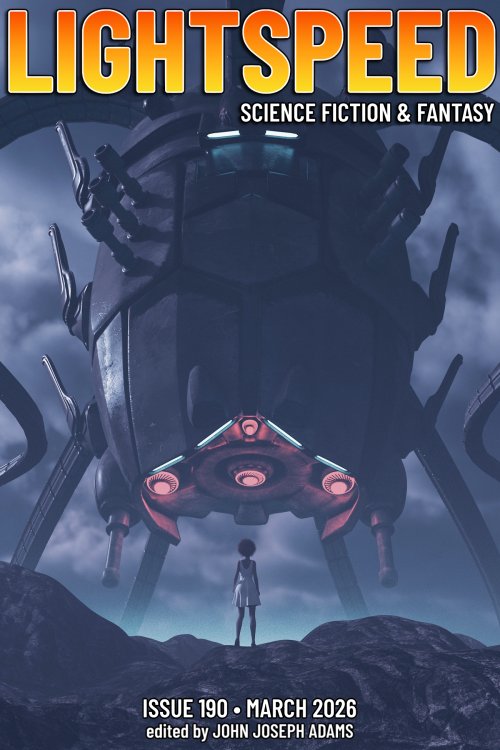Author Spotlight
Author Spotlight: Oluwatomiwa Ajeigbe
I have always been fascinated by Yoruba mythology, especially the many untold stories it contains. Eshu is a god who isn’t represented enough in the few stories that draw inspiration from Yoruba myths.









